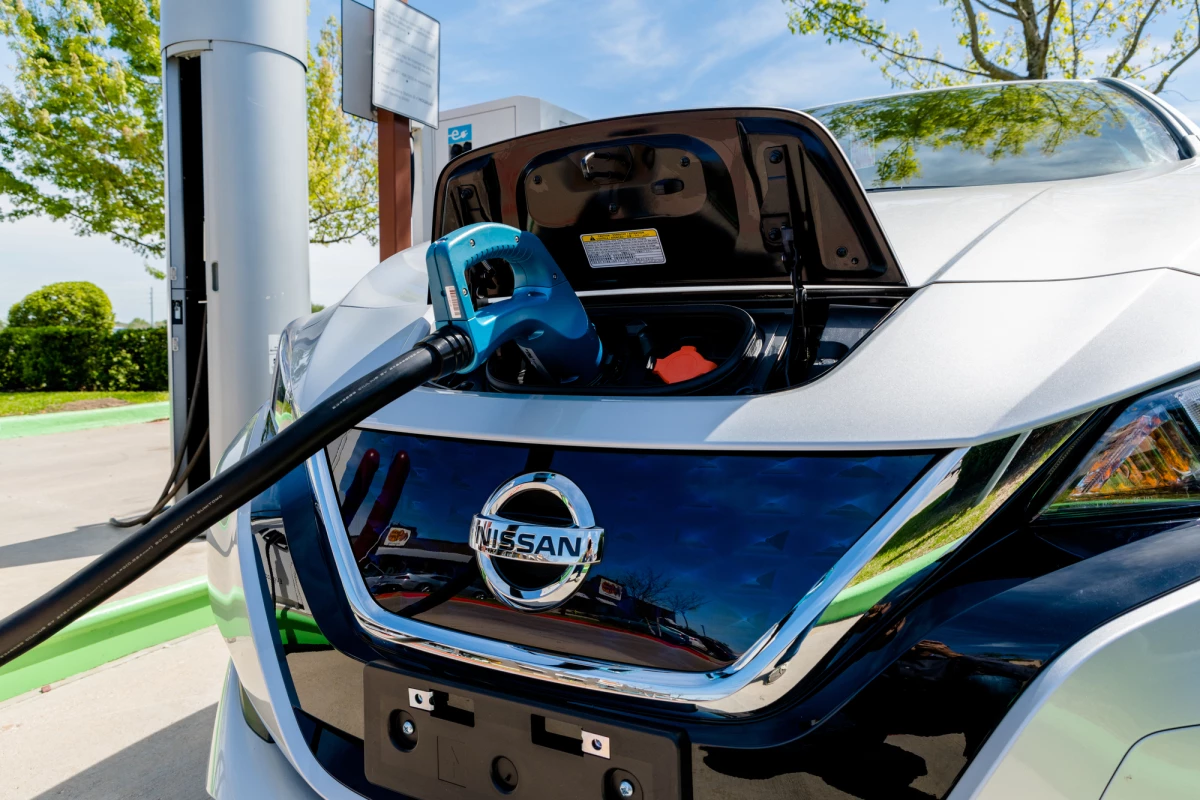Although it doesn't happen often, it is possible for electromagnetic fields (EMFs) to affect the performance of cardiac implants such as pacemakers. Fortunately for recipients, though, a new study indicates that EMFs produced by electric cars pose no such danger.
The research was conducted by scientists from the Technical University of Munich, working with colleagues from the German Centre for Cardiovascular Research, and from New Zealand's Wellington Hospital.
A total of 108 test subjects were recruited, 83 percent of whom were male, and all of whom were users of cardiac implantable electronic devices (CIEDs) – in other words, they had all previously been surgically fitted with either a pacemaker or a defibrillator, made by a variety of manufacturers.
Each person proceeded to both charge and drive four different commercially-available electric cars, including a Nissan Leaf, Tesla Model S P85, BMW i3, and VW eUp. Those vehicles differed from one another in their motor power, torque, battery capacity and charging systems.
The driving took place on a stationary roller bench rig, on which the resistance was cranked up to maximize the vehicles' motor output. This was done in order to ensure that the EMFs produced by those motors were at least as strong as those generated under real-world driving conditions. EMF levels both in and around the cars were monitored throughout the tests, as was the performance of the volunteers' CIEDs.
While it was noted that the strongest fields were actually generated as the vehicles' batteries were being charged, none of the EMFs were found to be high enough to affect the participants' implants. According to the scientists, this was likely due to the shielding that's built into electric cars, in order to protect their computer systems from electromagnetic interference.
"Our study addresses pressing patient and physician concerns regarding the use of e-cars by patients with CIEDs and we are pleased to report that their use appears safe with current technology," says Wellington Hospital's Dr. Matthew O'Connor. "Neither adverse events nor electromagnetic interference were detected while driving or charging the cars during our test."
The research is described in a paper that was recently published in the journal Technology and Health Care.
Source: IOS Press via EurekAlert




